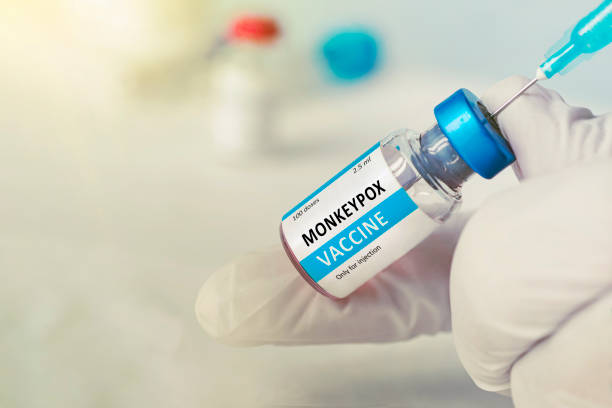Professor Ferguson, an Imperial College London academic, revealed that vaccination and behavioural changes were likely responsible for falling infections.
UK’s Monkeypox Situation ‘Very Positive’ As Cases Continue To Fall, Experts Say


One of the United Kingdom’s top infectious disease experts, Professor Neil Ferguson, has stated that the monkeypox situation in the country is looking “very positive” as cases continue to fall.
Professor Ferguson, an Imperial College London academic, revealed that vaccination and behavioural changes were likely responsible for falling infections.
According to him, “We are not completely sure of exactly why. Vaccination started to be rolled out so that probably had some effect, but it does not explain it all. The most likely hypothesis is that there was quite a big change in behaviour in the most affected community, namely men who have sex with men.”
The academic, who is also a member of the government’s Sage scientific advisory panel and whose data was instrumental to the UK going into the first COVID-19 lockdown in March 2020, added that the situation is now “very positive”.
Prof. Ferguson has, however, warned against complacency against the disease, saying: “We have to be alert to the possibility that once case numbers are much lower and, maybe, people are less vigilant, then we could start to see a resurgence.”
The disease, which is traditionally confined to parts of Africa, first came to public attention in the UK in early May when the cases began occurring.
There was a peak of 60 cases per day in mid-July, and by early September, fewer than 15 cases had been recorded per day on average.
As of September 26, there have been 3,485 cases confirmed and 150 highly probable cases present in the UK.
According to a recent statement by the UK Health Security Agency (UKHSA), those most at risk from monkeypox will be offered second doses of the vaccine, and that should provide longer-term protection.
This is following the Joint Committee on Vaccination and Immunisation (JCVI) endorsement of the UKHSA’s proposal for second doses to be offered to those at highest risk.
Meanwhile, sexual health clinics will continue to prioritise offering first doses to those at highest risk and, though there are no current plans to widen the offer of vaccination beyond the existing priority cohorts, the decision will be kept under review.
Second doses will be offered from around two or three months after the first dose.

 বাংলা
বাংলা  Spanish
Spanish  Arabic
Arabic  French
French  Chinese
Chinese 
